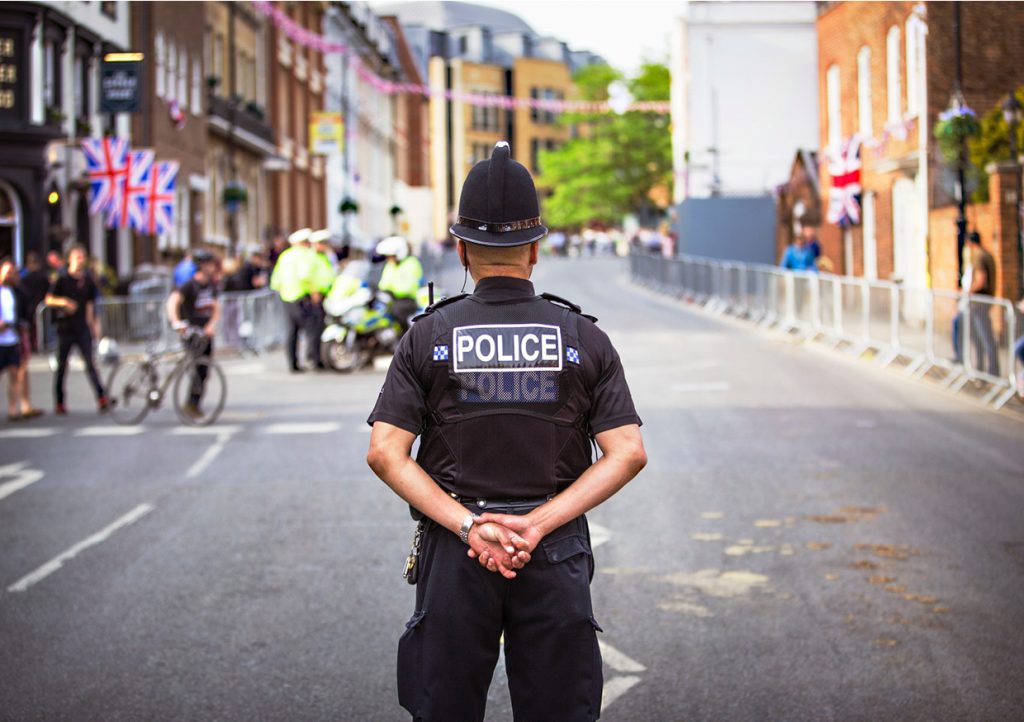Knife crime: Why are we talking about it?
Knife crime is a particularly big issue in the news at the moment. This is following a number of recent knife attacks on people, particularly in London.
After falling for several years, the amount of knife crime in England and Wales is rising again. Out of the 44 police forces across the areas, 42 recorded a rise in knife crime since 2011.
Figures released in February showed the number of deaths as a result of knife crime in England and Wales last year was 285 – the highest since records began in 1946.
In November 2018, there were reports that there had been a rise in the number of children under 18 receiving treatment for knife wounds in England, with the number of young victims having increased by 86% in the last four years.
As a youth organisation, we at YMCA are deeply saddened by the recent increase in knife crime, we aim to advise and support young people and families. One of our key aims is to develop stronger communities where young people can truly contribute, belong and thrive.
Superintendent Ricky Fields, strategic lead for knife crime at Staffordshire Police, said: “Staffordshire Police continues to see increases in recorded crime involving the possession or use of knives alongside increases in overall violent crime. Knife crime is, unfortunately, a visible part of communities in Staffordshire and Stoke-on-Trent and not an issue we can tackle on our own.

Staffordshire Police’s neighbourhood policing teams will be visiting schools and colleges to educate young people on the dangers and consequences of carrying knives, setting up proactive knife operations in busy town centres to detect and deter habitual knife carriers, and organising knife sweeps in knife crime hotspots to discover any knives concealed in public areas. The force will also be continuing in its efforts to deter offenders through the use of stop and search.
The law explained
- it is illegal for anyone, including a shop, to sell a knife of any kind (including cutlery and kitchen knives) to anyone under the age of 18
- it is illegal to carry a knife in public without good reason unless it has a folding blade three inches (7.62 cm) or less
- it is illegal to threaten anyone with any knife or other objects
- the maximum penalty for carrying a knife illegally is four years in prison and an unlimited fine
Keeping your child safe from knife crime
Talking to your child about knives
The best way to stop your child getting involved with knives is to talk to them about the dangers. This may not be easy as they may not want to talk about it, but keep trying as this is the first step to keeping your child safe.
You should remind them that by carrying a knife they are:
- giving themselves a false sense of security
- potentially arming an attacker, increasing the risk of getting stabbed or injured
- breaking the law
USEFUL CONTACTS:
Parentline Plus – a national charity that works for and with parents. They give advice on all aspects of parenting and are open 24 hours a day, 7 days a week. Call free on 0808 800 22 22 or log on to www.parentlineplus.org.uk
Victim Support – this national charity can help you and your child if they have been a victim of knife crime. Go to www.victimsupport.org Tel. 0845 30 30 900.
Neighbourhood Police – To find details of your local team and find out more about the work they are doing in your area, enter your postcode at www.neighbourhoodpolicing.co.uk or call your local constabulary.
To find out more about what other mothers are doing:
Mothers Against Violence – a voluntary group comprised of mothers who have been affected in some way by gun and knife violence. Go to www.mothersagainstviolence.org.uk
Mothers Against Murder and Aggression – a national support group for families bereaved through murder. Go to www.mamaa.org
KnifeCrimes.org – an online knife crime resource offering advice and support. Founded by Ann Oakes-Odger the site is also a forum to share and read about parents and expert views on knife crime in the UK. Go to www.knifecrimes.org/
Other interests and activities for your child. It’s important that you encourage your child to get involved in positive activities and explore any interests they have.
YMCA GO! runs activities for young people aged 10-18. This includes after-school youth clubs and also activities during school holidays.

